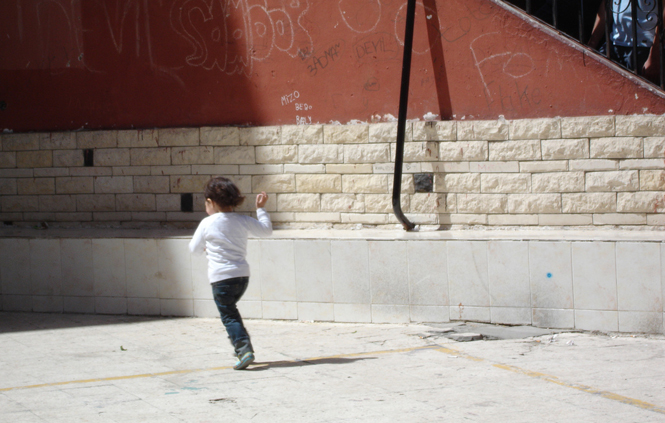By Reem Abdellatif, freelance journalist It wasn’t easy growing up as a teenage Muslim girl, with a father who thought he owned your body just because he put a roof over your head or food on the table. Not just that—this was a Muslim man who perverted the teachings of his own religion to justify the sexual abuse that he inflicted upon me, his own daughter. He would say a good girl “must listen” and “respect” her father’s needs. “You think I’m spending all this money on you just so another man can have you?” he would say to me as he tried to brush up against my breasts or backside. He would make jokes out of it. But I knew this abuse was no joke. I would scream at the top of my lungs, curse him, and sometimes even slap him in the face to defend myself. It’s difficult and almost impossible to explain what it feels like to be treated like a piece of property, a useless object that is only created to satisfy the sexual desires of a man—especially when that man is your own father. I…




